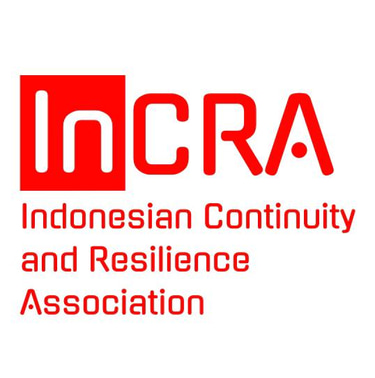Business Continuity and Resilience from a Practice Perspective
Bayupathy Artha
6/11/20232 min read


Literature related to business continuity management (BCM) in various media generally focuses on theory and implementation, as well as studies of a crisis event. This literature is, of course, very meaningful in enriching the body of knowledge and developing the perspectives of BCM activists in the country. However, the author feels that there are things that are often overlooked, namely drives that are capable of making BCM operate properly.
Based on experience supervising the implementation of BCM in the field during several major crises, including the 2019 coronavirus pandemic (COVID-19), there are three main things that ensure the implementation of BCM in an agency: discipline, care, and management commitment.
Discipline at all levels is an important key, starting with the completeness and updating of databases from assets to personnel, incident and crisis data, including efforts to deal with them, as well as strategic reviews and evaluations. The second discipline is the implementation of training along with efficiency efforts.
The last discipline is one that is closely related to regulation, such as reporting to regulators on BCM activities. The summary database for the three disciplines will play an important role in shortening the time spent handling and overcoming crises.
Concern at every operational and managerial level is the next important key. Concern is closely related to the potential risk of internal and external developments that occur that are expected to have an impact on the running of the institution's operations. Concern will encourage anticipatory, corrective, and evaluative attitudes that enable institutions to be better prepared if a risk event does occur.
The two drives above are only possible if there is a strong commitment from management so that they can become an institutional culture. Management is not only oriented towards operating the institution under normal conditions but also ensuring that operations continue when a crisis occurs. Commitment will be effective in the form of regulatory support that includes all lines, including financial support for investment and space for training and development, which will eventually become embedded in the corporate culture.
The strategic opportunity to realize the above, specifically for the financial sector, is currently wide open with the implementation of Basel III. BCM units and personnel can cooperate with Risk Management in assisting Management in determining the direction of risk policies and the amount of reserves for significant operational losses to build operational resilience and achieve institutional targets in the current year.
Recognizing the importance of operational toughness and continuity in ensuring institutional products and services can still be enjoyed by customers and stakeholders under any conditions, InCRA is currently being formed and will be launched on August 7, 2023. InCRA is planned as a forum for various BCM activists and observers in the country in order to build standardization and systems of operational resilience and continuity that are unique to Indonesia for all existing sectors.
For that, let's gather and unite to share knowledge and experience so that this goal can be realized, which will become a real work of devotion to the country.
